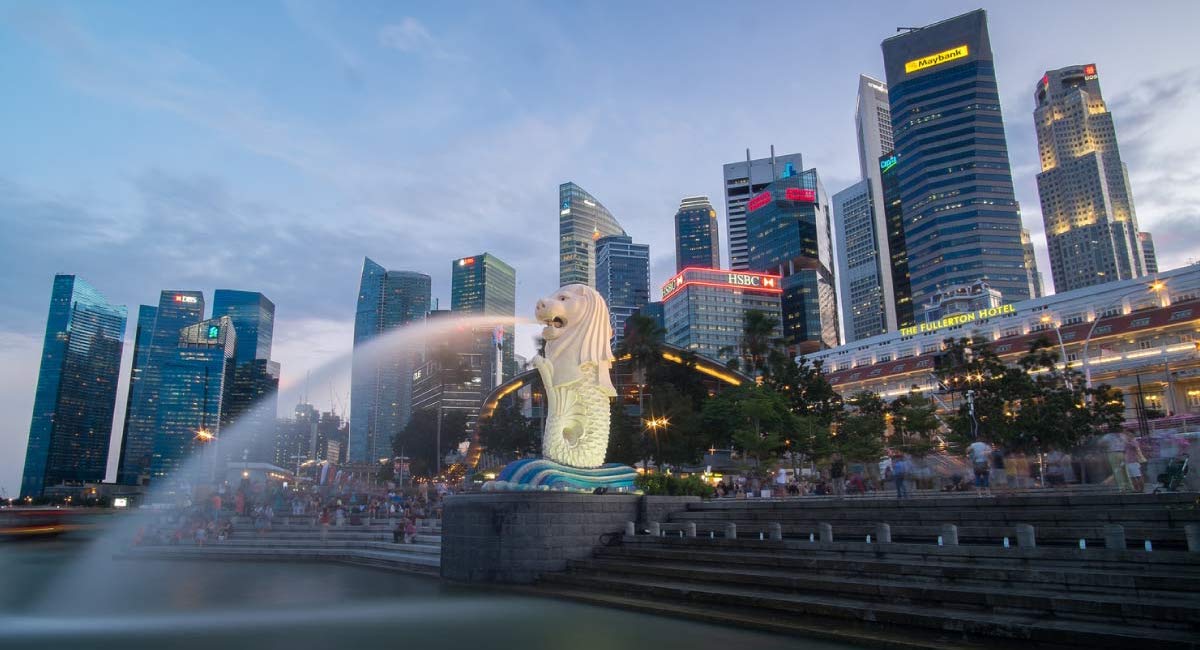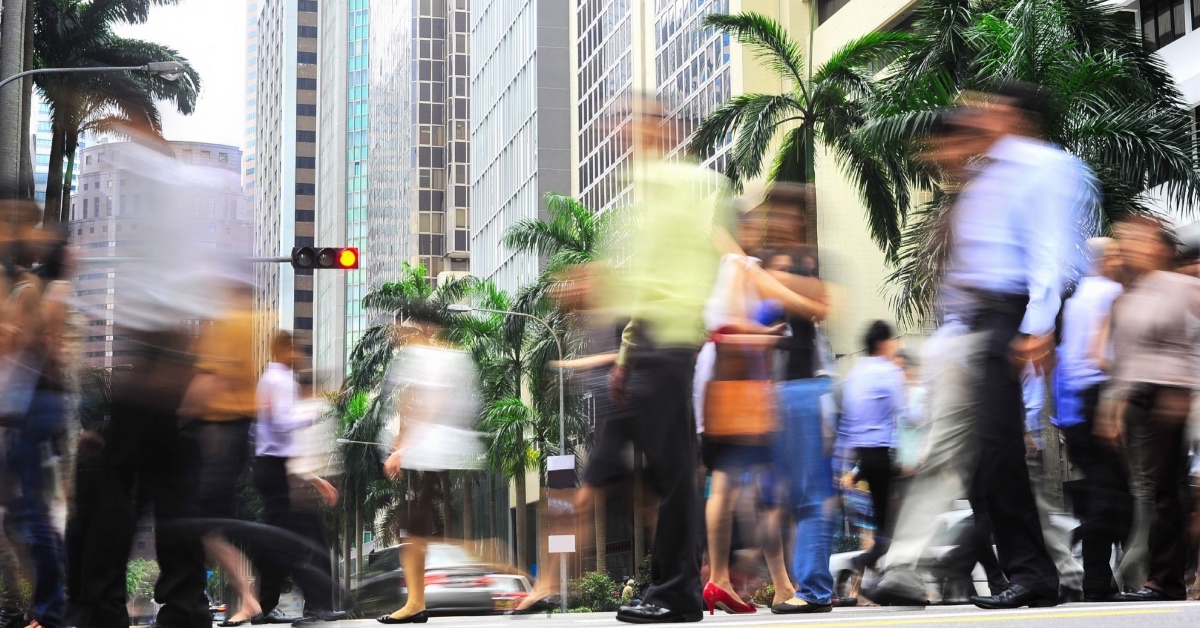Delivering his Budget 2023 speech today (Feb 14), Deputy Prime Minister (DPM) Lawrence Wong said that Singapore has reached a new milestone in our fight against the Covid-19 pandemic when it reverted to Dorscon Green today.
Industries that are hardest hit by the pandemic are seeing continued recovery — demand has picked up for the food and beverage sector, and construction activities are back in full swing.
Air travel has also resumed, with Singapore Airlines flights filling up and Changi Airport bustling again.
According to DPM Wong, Singapore’s economy grew by 3.6 per cent in 2022 and resident unemployment rate — at 2.8 per cent in December 2022 — is below pre-pandemic levels.
Inflation in 2022, but S’pore saw strong revenue growth
By the end of 2022, global inflation was at around nine per cent, up from 4.7 per cent in 2021.
DPM Wong says the outbreak of the war in Ukraine, which took many by surprise, sent shockwaves throughout the global economy.
Oil and gas prices shot up, coupled with a global shortage of grain and other food items. Some countries also imposed export bans, worsening global supply bottlenecks.
Inflation was made worse by tight labour markets across many countries and as such, companies have had to pay higher wages to attract workers.
DPM Wong said that revenues — especially from corporate income tax and asset-related taxes — have been stronger than expected — and have helped fund support packages totalling more than S$3.5 billion in 2022.
This additional revenue will also help cover higher spending in areas such as the increased supply of BTO flats to catch up with the backlog caused by the pandemic. He stressed that more funding is required to build flats at a time when construction and land costs have increased.
S$2 billion deficit expected for FY2022
According to DPM Wong, Singapore now expects to draw a lower amount of S$3.1 billion from past reserves to fund emergency Covid-19 public health expenditures.
President Halimah Yacob had earlier concurred with a draw of up to S$6 billion for this purpose.
The expected draw on past reserves from FY2020 to FY2022 is S$40 billion, lower than the initial draw of S$52 billion for which the Government had sought the President’s agreement.
DPM Wong says he expects a slight deficit of S$2 billion, or 0.3 per cent of GDP, for FY2022.
Singapore last drew on past reserves during the 2008 Global Financial Crisis, when S$4 billion was spent in FY2009. The sum was returned two years later due to the sharp recovery in the economy.
It is different this time as the Government continues to be in a tight fiscal position and will unlikely be able to return the S$3.1 billion it has drawn from past reserves.
The future of the global economy is mixed, but economists do not expect a global recession in 2023. Europe is among the hardest hit due to the economic consequences of the war in Ukraine. The United States is seeing slower growth and may enter a recession.
Asia is expected to continue growing. As China’s Covid-19 situation stabilises, its economy will reopen further and the pickup in demand should boost the global economy.
DPM Wong expects to see positive, but slower economic growth of 0.5 per cent to 2.5 per cent in Singapore in 2023.
Major uncertainties in this year’s forecast include a possible escalation of the Ukraine war and a new Covid-19 variant that is more dangerous and virulent.
Featured Image Credit: MEDICI Global








